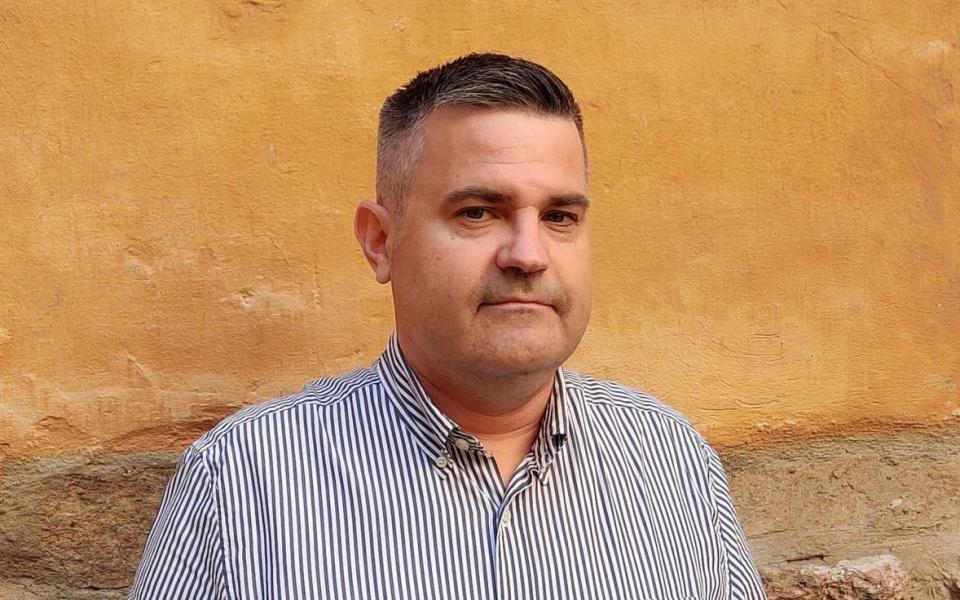After nearly a century of state monopoly, Finland is transitioning to a licensing system for gambling. This reform aims to curb gambling-related harm while addressing the growing influence of offshore operators and changing gambling habits. In this article, Janne Nikkinen outlines the historical context, key changes, and potential implications of this landmark shift in Finnish gambling policy.
In March 2023, the Finnish Consumer and Competition Authority (KKV) reported that Veikkaus, the monopoly operator, no longer held exclusive control over online games. Annually, Finns gambled approximately 520-590 million euros on offshore gambling platforms, which was half of all online gambling expenditure and around one-third of the country’s total gambling consumption.
In the programme of Prime Minister Petteri Orpo’s government, published in June 2023, a comprehensive reform of the gambling system was announced. The primary objectives were to prevent gambling-related harm, whilst at the same time improve the “channeling rate” —the share of gambling conducted within regulated, government-sanctioned frameworks.
The government opened its draft proposal for public consultation in July 2024 and notified the European Union of its plans in November 2024. The standstill period required by the EU ended on March 1, 2025, and the government submitted its proposal to parliament later that same month.
Current gambling landscape in Finland
Since the 2017 merger of three gambling monopoly operators (Finnish Slot Machine Association, RAY), Veikkaus (Finnish Lottery) and Fintoto (horse racing company) into Veikkaus Ltd, profits from Finland’s gambling system have declined.
Contributing factors include the rise of online gambling competition, disruptions caused by the COVID-19 pandemic, and changing gambling consumption patterns. Mandatory identification for most forms of gambling, introduced between 2021 and 2023, further reduced interest in land-based gambling.
By 2023, more Finns were gambling exclusively online (30 per cent) than solely at land-based venues (24 per cent). A 2023 survey by the Finnish Institute for Health and Welfare (THL) revealed that 50 per cent of all gambling expenditure came from just 2.2 per cent of gamblers, indicating that gambling is heavily concentrated among a small number of players. Similar findings in Germany, France, and Québec attribute this disproportionate expenditure to problem gambling.
Changes in the proposal
The government proposal HE 16/2025 vp outlines plans to partially end Veikkaus’ gambling monopoly in mainland Finland. Veikkaus would still hold monopoly in lotteries, scratch cards, non-casino gambling machines (EGMs) and land-based casinos. The proposal opens online gambling, including betting, slots, and horse racing, to competition starting January 2027. Although Veikkaus will maintain exclusivity in certain game types, it will face competition from Paf in Finland’s semi-autonomous region of Åland, as well as from and offshore gambling operators located abroad.
According to the proposal, all gambling license holders will be required to take actions to prevent harm associated with gambling. Operators are expected to limit access to their products and services for individuals showing signs of gambling-related issues, and deny services altogether to those exhibiting unusual or potentially harmful betting behaviors. The proposal envisages that is preferable to require foreign gambling operators to apply for a license in Finland and require them to implement so-called ‘duty of care’ -policies, rather than allowing them to target Finnish consumers without any accountability for harm they are causing.
Implications and reactions
While the government’s objectives are understandable, they are also contradictory. On one hand, the aim is to boost revenues streams from licensed gambling operations and maintain gambling-related income for Finnish society. On the other hand, the government seeks to prevent gambling-related harm by requiring license holders to implement measures that limit such harm. Compounding this contradiction, the government admits that “[t]he reform is likely to increase the marketing and visibility of gambling games”, which is expected to drive higher consumption leading to more harm.
Perhaps the most serious shortcoming of the government proposal is that it does not treat all causes of gambling harm in a similar manner. While the proposal seeks to level the field by requiring all operators to adhere to the same rules, Veikkaus is granted a privileged position. It retains the ability to place gambling machines in locations such as stores where individuals harmed by gambling cannot easily avoid them. Research shows that slot games, whether offered offline or online, are equally harmful, regardless of the provider. It is, however, unlikely that the Finnish Parliament will alter the proposal, as this would require new EU notification and delay the implementation of the licensing system. Consequently, the proposal is expected to be approved without significant changes in the autumn of 2025.
The article is written by
Janne Nikkinen, University Researcher, Centre for Research on Addiction, Control and Governance (CEACG), Faculty of Social Sciences, University of Helsinki, Finland.
on the request of PopNAD.



